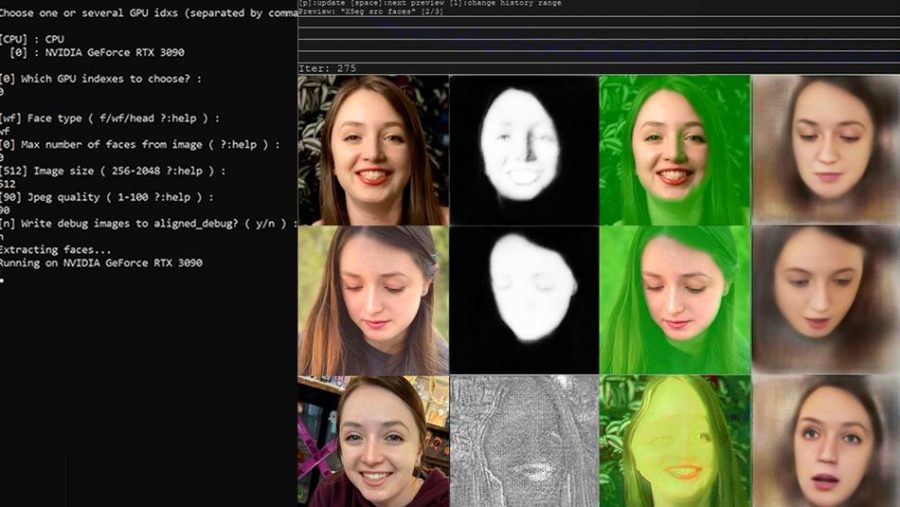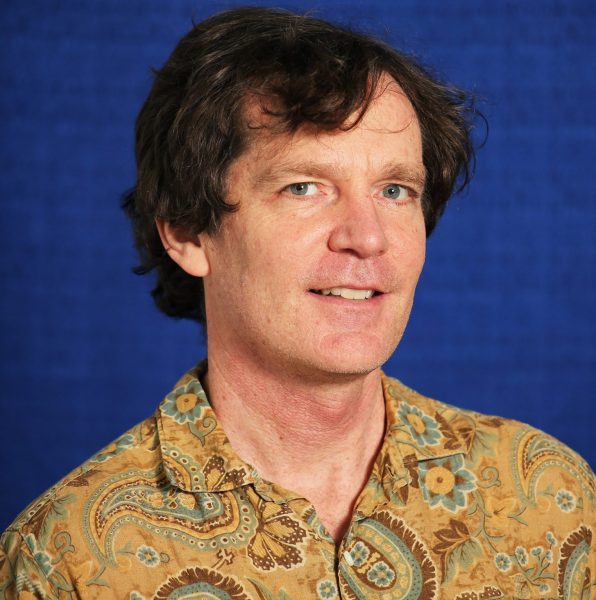
With a new year (and semester) on the horizon, the Social Media and Society research area lead Rich Canevez has envisioned an exciting research agenda that you can be a part of! Applying to join the research area is easy, with our new google form.
New Research Activities
Rich Canevez (research area lead) just conducted field research at the Toronto Ukraine Festival in September, collecting data and recruiting participants to share their thoughts on the use of religious iconography to support Ukraine’s resistance.
This project will continue throughout the year until the summer of 2024, and will include coordinated work across Ukrainian communities in St. Louis MO and Cleveland OH in the United States.
Research Area Scope
The penetration of social and digital media into almost every facet of social and political life has come with it the re-construction and re-imagining of those processes and practices. Peace and conflict, truth and fiction, and the material and discursive aspects of life find new practices and conceptions within these spaces. Although built within the cyber-spaces of the Internet, the impact of social and digital media information is equally about the physical lived realities of our world as it is about the digital lives we lead.
The Social Media and Society research area sets an inclusive lens on the impact that trans-national exchanges of information have on political, social, cultural, and personal life. The evolution of political life alongside the Internet has created not just novel modes of engagement of these processes, but also created new dimensions of conflict and war that challenge our previous conceptions of how these phenomena play out. The evolution of social and personal life alongside the Internet has provided new spaces for communities to construct meanings and world-views relevant to groups and the self, for better or for worse.
The types of projects we consider are how information and cyber-spaces interact with war and conflict, how disinformation and misinformation manifests and spreads through social media platforms, and more generally the range of emergent topics concerning the impact of trans-national information exchange on societies world-wide.
Vision for 2024
We will be continuing our current projects looking at cyber activism and resistance in the Ukrainian defense against Russian aggression, and exploring the discourses around COVID-19 disinformation while continuing to grow our research area and overall presence at Michigan Tech University.
It is our goal in 2024 to extend our reach even further throughout MTU’s departments and divisions given the broad and wide ranging contributions from different perspectives on campus that could help grow this area through collaborations across research, events, and pursuing funding opportunities.
We also are intending to more closely communicate the research support we can offer to both undergraduate and graduate students alike who could be interested in contributing to ongoing research efforts, or even starting their own. It is our hope that, in accomplishing these objectives, we can move towards establishing ourselves as a research and collaboration lab under the IPEC umbrella.




